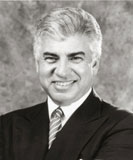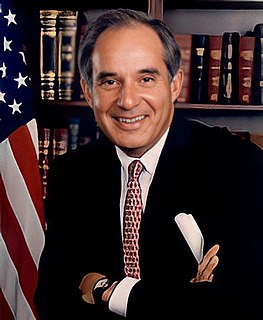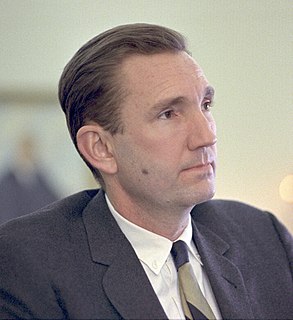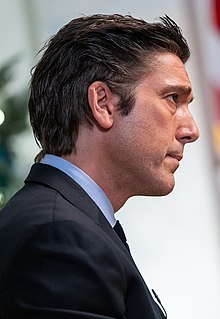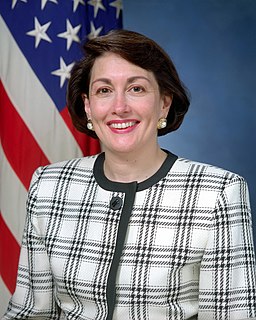A Quote by Jeff Sessions
Whereas the handling of the case against President Nixon clearly strengthened the nation's respect for law, justice and truth, the Clinton impeachment may unfortunately have the opposite result.
Related Quotes
Many reasonable prosecutors have come to the conclusion that they would have brought such a case that Hillary Clinton was extremely careless in the handling of national security information. I would have brought such a case and I would have won such a case. And I've prosecuted cases like that in my years in the Justice Department.
If Nixon is not forced to turn over tapes of his conversations with the ring of men who were conversing on their violations of the law, then liberty will soon be dead in this nation. If Nixon gets away with that, then Nixon makes the law as he goes along - not the Congress nor the courts. The old Court you and I served so long will not be worthy of its traditions if Nixon can twist, turn and fashion the law as he sees fit.
People are offering competing visions of what happened in the past. And the justice system is willing to accept either of those competing visions and to impose consequences as a result. When you think of it that way, it's a little bit startling, because we want to believe that there is one truth and, therefore, one justice, whereas, if you have practiced law as long as I have, you realize that there is actually a range of acceptable outcomes.
The rules and principles of case law have never been treated as final truths but as working hypotheses, continually retested in those great laboratories of the law, the courts of justice. Every new case is an experiment, and if the accepted rule which seems applicable yields a result which is felt to be unjust, the rule is reconsidered.
The Democrats had long labeled the impeachment debate a distraction from the urgent business of a great nation. But the Republicans argued that the pursuit of justice is the business of a great nation. In winning this point, they caught the falling flag, producing a triumph for the rule of law, a reassertion of the belief that no man is above it, and a rebuke for an arrogance that had grown imperial.
Impeachment is the direct constitutional means for removing a President, Vice President or other civil officers of the United States who has acted or threatened acts that are serious offenses against the Constitution, its system of government, or the rule of law, or that are conventional crimes of such a serious nature that they would injure the Presidency if there was no removal.
The Department of Justice believes, and the case law supports, that the president has inherent authority to conduct warrantless physical searches for foreign intelligence purposes, and that the president may, as has been done, delegate this authority to the attorney general. It's important to understand, senators, that the rules and the methodology for criminal searches are inconsistent with the collection of foreign intelligence and would unduly frustrate the president in carrying out his foreign intelligence responsibilities.



